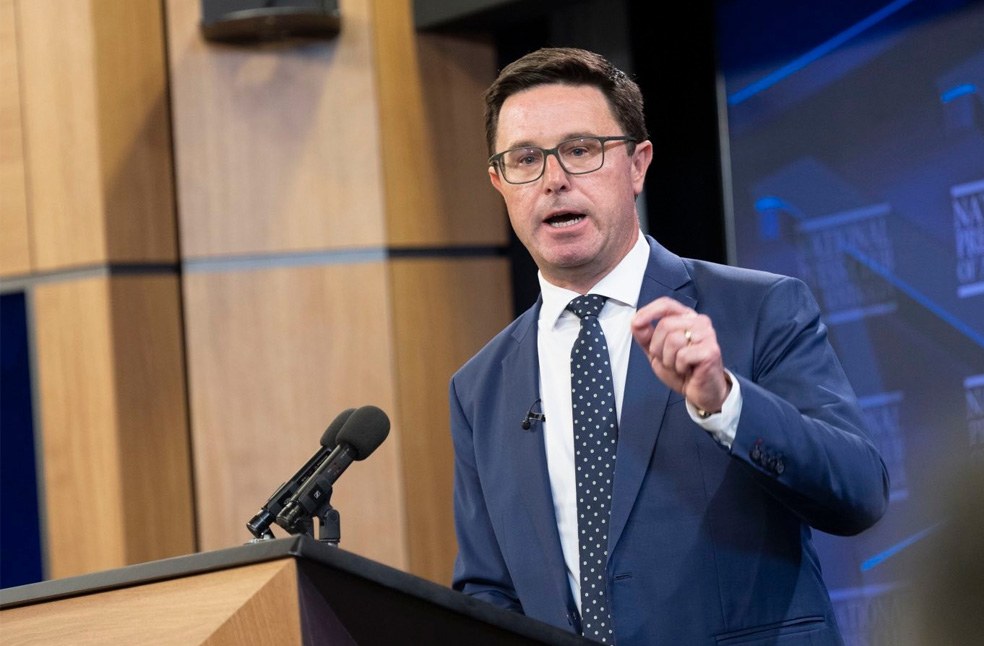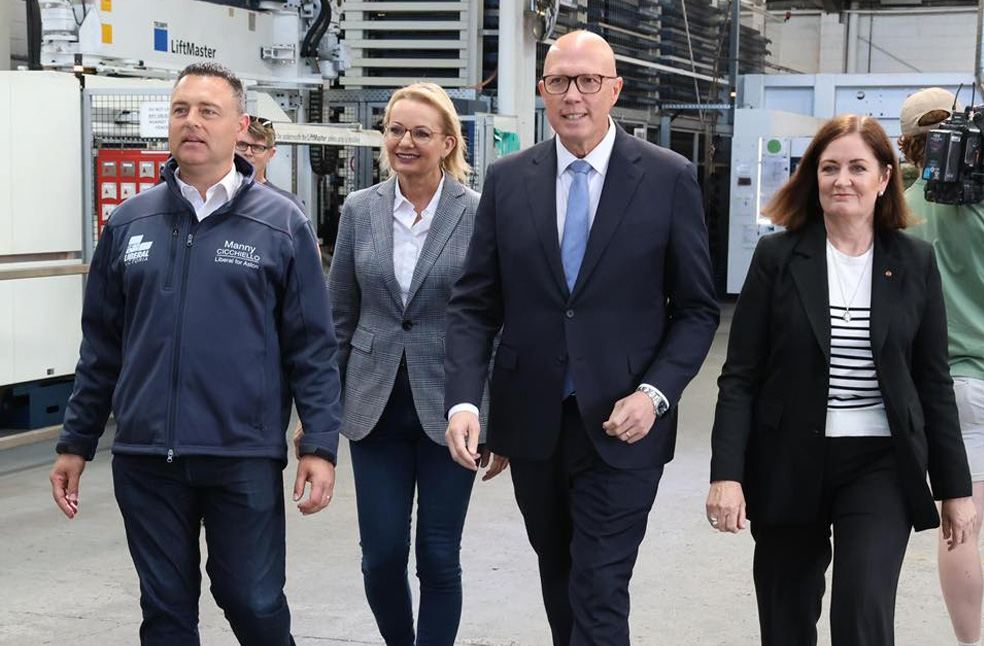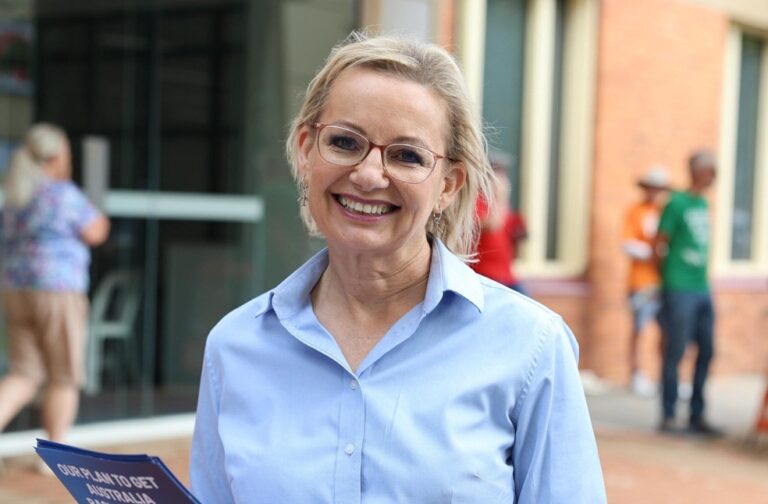Sydney: Australia’s Liberal Party has appointed a woman as its leader, electing Sussan Ley, for the first time in its history, to succeed Peter Dutton after the party’s crushing defeat in the 3 May 2025 federal election.
Ley, a senior figure from the party’s moderate faction, narrowly beat Angus Taylor, a conservative candidate promising to restore traditional values, by four votes in the party room ballot.
The leadership transition follows what is widely considered the worst election result for the Liberal-National coalition, currently the main opposition bloc in Australian politics. Analysts, party insiders, and MPs blamed the loss on divisive leadership, a disjointed campaign, and a push for ‘Trumpian’ policies, which were seen to alienate women and younger voters.
Today, our new ministry was sworn in to keep serving the Australian people.
No one held back and no one left behind. That’s the future we’re building, together. pic.twitter.com/eONytQ58Rc
— Anthony Albanese (@AlboMP) May 13, 2025
As Prime Minister Anthony Albanese was sworn in for a second term at Government House, his Labor Party celebrated a landslide win, securing at least 93 seats, a 16-seat gain, compared to the Coalition’s reduced 41 seats, down from 58. Several electorates remain undecided.
Ley, who has held the vast rural seat of Farrer in New South Wales since 2001, is among the Liberal Party’s most seasoned politicians, having previously served in numerous senior ministerial roles and recently as Deputy Leader under Dutton.
Ted O’Brien, a Queensland MP and the former energy spokesman who fronted the Coalition’s contentious nuclear power plan, was elected as her deputy. Both are expected to address the media later. Ley, in her earlier bid for leadership, had pledged to rebuild the party’s relationship with the public, particularly with women and younger Australians.
Ley remarked that, “Many Australians… feel neglected by the Liberal Party. We need to listen and we need to change. The Liberal Party must respect, reflect, and represent modern Australia.”
Meanwhile, the junior coalition partner, the National Party, also held internal elections, re-electing David Littleproud as leader after he survived a leadership challenge from a conservative colleague.

On the same day, Albanese’s new cabinet was sworn in. Notable changes included Tanya Plibersek moving from Environment to Social Services, and Michelle Rowland becoming Attorney General, replacing Mark Dreyfus. Ed Husic, the first Muslim cabinet minister in Australian history, was also dropped from the frontbench.
Sussane Ley’s entry
Sussan Ley’s background is as diverse as her political experience. Born in Nigeria to English parents, she spent her early years in the United Arab Emirates before relocating to Australia at age 13. Her formative experiences in boarding school made her independent early on.
As a young adult, Ley made an unusual change, altering the spelling of her name from Susan to Sussan, inspired by numerology, a belief in the mystical power of numbers. “I read that if you added an ‘s’, life would be exciting and never boring… Once I’d added the ‘s,’ it was hard to take it away,” Ley remarked.
Ley describes her career as ‘wonderfully varied,’ having earned degrees in economics and accounting while raising three children, obtained a commercial pilot’s license, and worked in the Australian outback mustering livestock.

Entered Parliament in 2001, Susanne Ley was appointed Minister for Health in 2014 under Malcolm Turnbull. However, she resigned in 2017 following an expenses scandal, after using a taxpayer-funded trip to purchase an apartment on the Gold Coast. She later rejoined the frontbench in 2019 under Scott Morrison, becoming Minister for Environment.
As Environment Minister, she was taken to court by eight teenagers and an 87-year-old nun, who argued she had a duty of care to protect children from climate harm when evaluating fossil fuel projects. A court initially sided with the plaintiffs, establishing a groundbreaking legal precedent, though it was later overturned on appeal.
Ley has also been active in foreign policy debates, particularly regarding Palestinian rights. As co-chair of the Parliamentary Friends of Palestine, she previously advocated for Palestinian autonomy in Parliament.
As Ley and O’Brien prepare to unveil their leadership vision, the Liberal Party faces a significant period of rebuilding and rebranding, aiming to regain public trust and modernise its platform in response to a dramatically changed political landscape.



